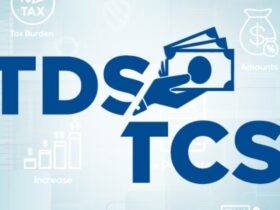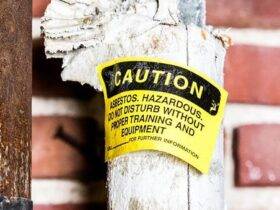877-311-5134 is a scam: How To Know It’s A Scam
877-311-5134 is a scam. They have called countless people and tried to get them to give out their personal credit data. When you ignore the call and don’t answer, they leave you voicemail messages that threaten legal action on behalf of the IRS if you fail to call them back at 877-311-5134. A new robocaller emerges every few months, but this one is among one of the most persistent scammers we’ve seen yet because they can’t seem to take a hint
What is 877-311-5134?
When you see an unfamiliar phone number on your caller ID, it can be tempting to pick up the call. However, if the number is 877-311-5134, you may want to think twice before answering. This number is associated with a scam that has been making the rounds lately.
Here’s how the scam works: someone will call you from this number and claim to be from the IRS. They’ll say that you owe money in back taxes and need to pay immediately or face consequences. They may even threaten legal action if you don’t pay up.
Of course, this is all a lie. The IRS will never call you out of the blue like this and demand payment. If you do owe money, they’ll send you a letter first. And even then, you’ll have options for how to pay or appeal the amount owed.
So if you get a call from 877-311-5134, just hang up. Don’t give them any personal information or money. And report the call to the IRS so they can investigate and hopefully put a stop to this scam once and for all.
How to Know 877-311-5134 is a Scam
It can be hard to tell if an online offer is a scam or not. Here are some tips to help you figure it out:
-If an offer seems too good to be true, it probably is.
-Be wary of offers that require you to pay upfront before you can get the product or service.
-Do a quick internet search on the company or website to see if there are any complaints or red flags.
-Check out the Better Business Bureau’s website to see if there have been any complaints filed against the company.
Why it happened?
There are many reasons that somebody may try to scam you, but ultimately it boils down to them trying to get your money or information. They may do this by promising something that they can’t or won’t deliver on, or by pretending to be somebody they’re not. Sometimes scammers will even create fake websites or social media profiles to make their case seem more legitimate. No matter what the reason is, it’s important to know how to spot a scam so that you don’t fall victim to one.
Here are some red flags that may indicate you’re dealing with a scammer:
• They’re asking for personal information upfront: A legitimate company or individual will usually only ask for your personal information once you’ve decided to work with them. If someone is asking for your Social Security number, credit card information, or banking details right off the bat, that’s a major warning sign.
• The offer seems too good to be true: If someone is offering you a deal that seems unreasonably good, it probably is. Be especially wary of anyone promising guaranteed results or easy money.
• You can’t find any independent information about them: A quick Google search can often tell you a lot about somebody. If there’s no trace of the person or company online other than their own website or social media profile, that’s another cause for concern.
What You Can Do?
If you’re not sure whether or not something is a scam, there are a few things you can do to help you figure it out. First, do some research on the company or individual. See if there are any complaints filed against them with the Better Business Bureau or other similar organizations. You can also search for reviews of their products or services online.
Another thing to keep in mind is that scammers often try to pressure you into making a decision quickly. They may say that the deal is only good for a limited time or that supplies are limited. If someone is pressuring you to make a decision quickly, it’s likely a scam.
Finally, trust your gut instinct. If something feels too good to be true, it probably is. If you’re not sure whether something is a scam, err on the side of caution and avoid giving out any personal information or money.
Conclusion
If you receive a call from 877-311-5134, it is most likely a scam. This number has been associated with many different types of scams, including fake IRS calls and phone spoofing. If you receive a call from this number, do not answer it and do not give out any personal information. You can report the call to the FCC’s complaint center (https://consumercomplaints.fcc.gov/hc/en-us).


































Leave a Reply